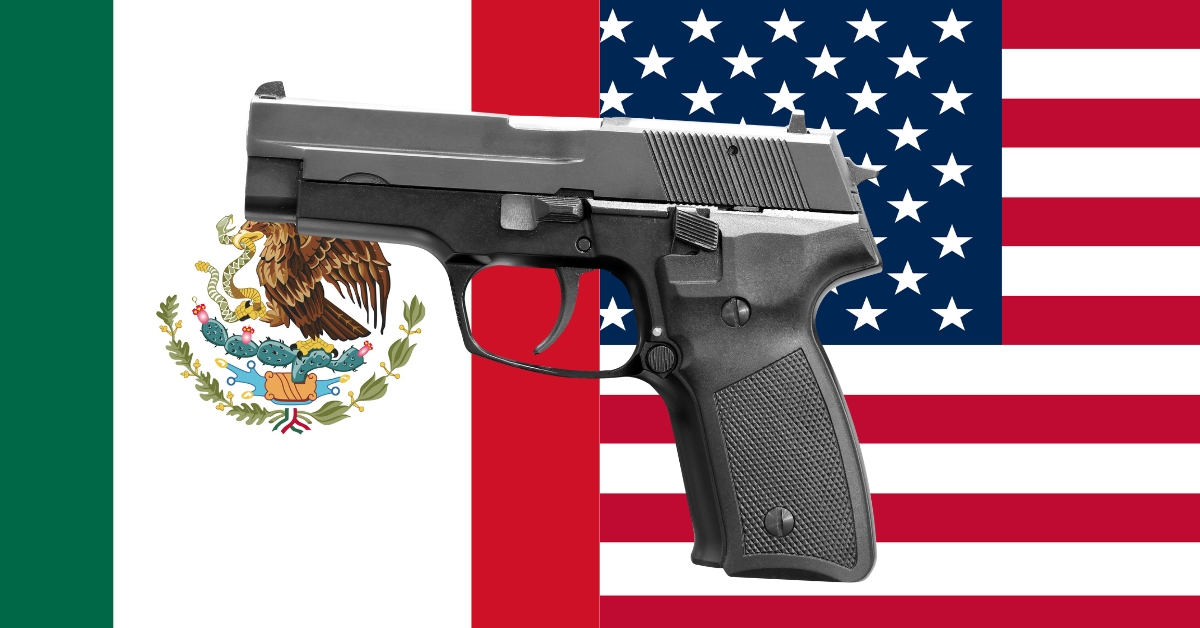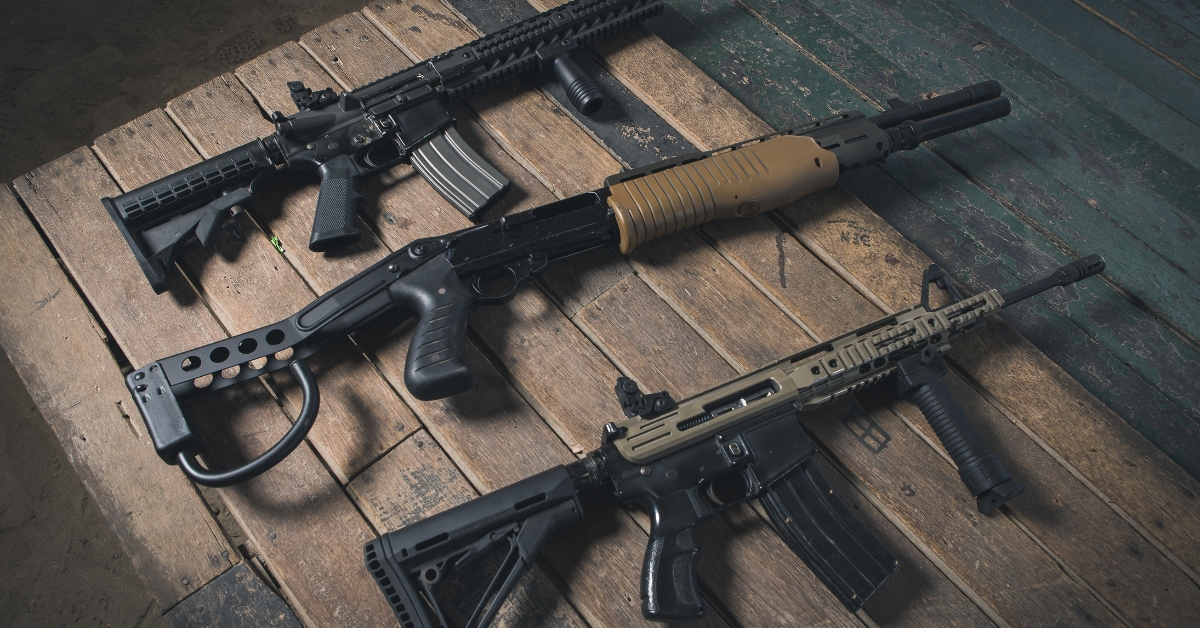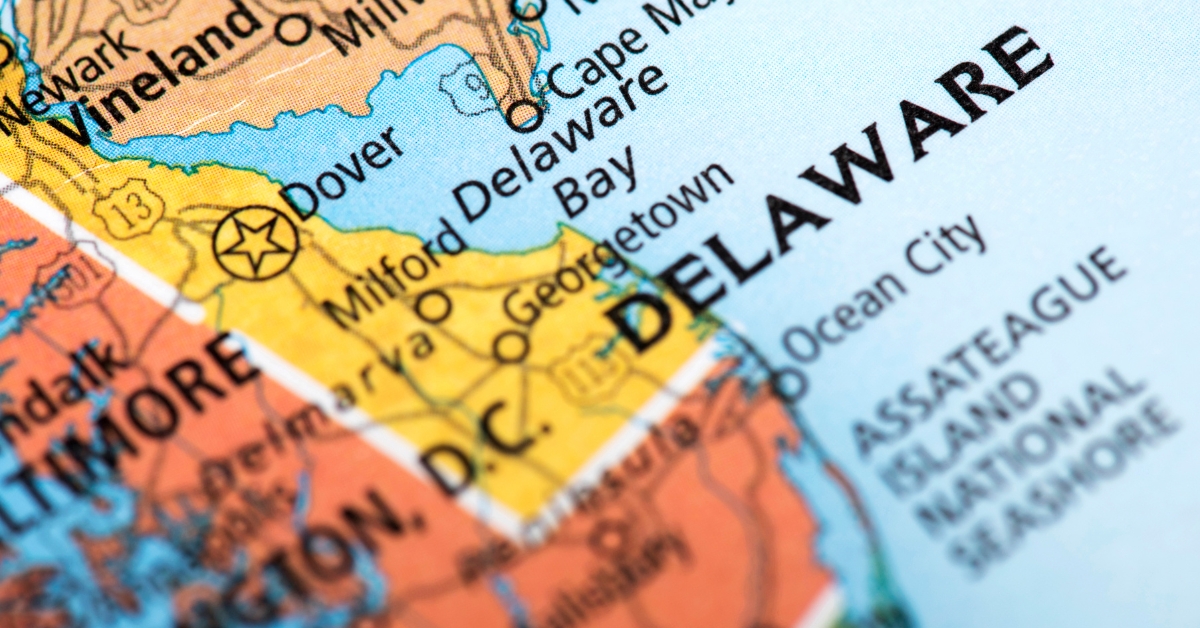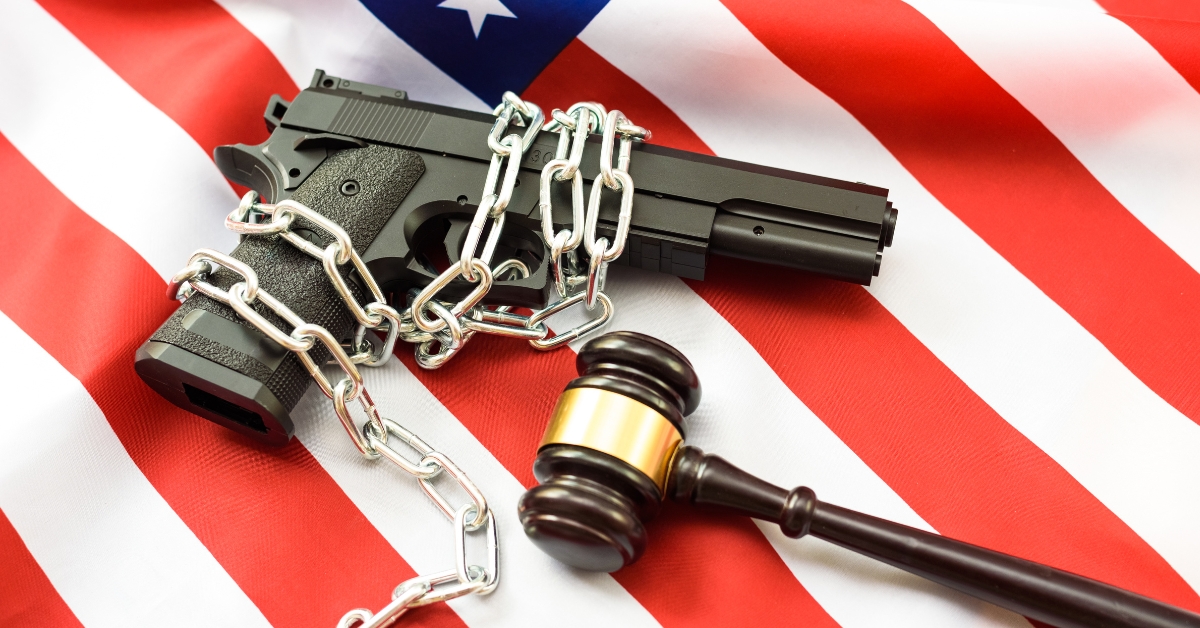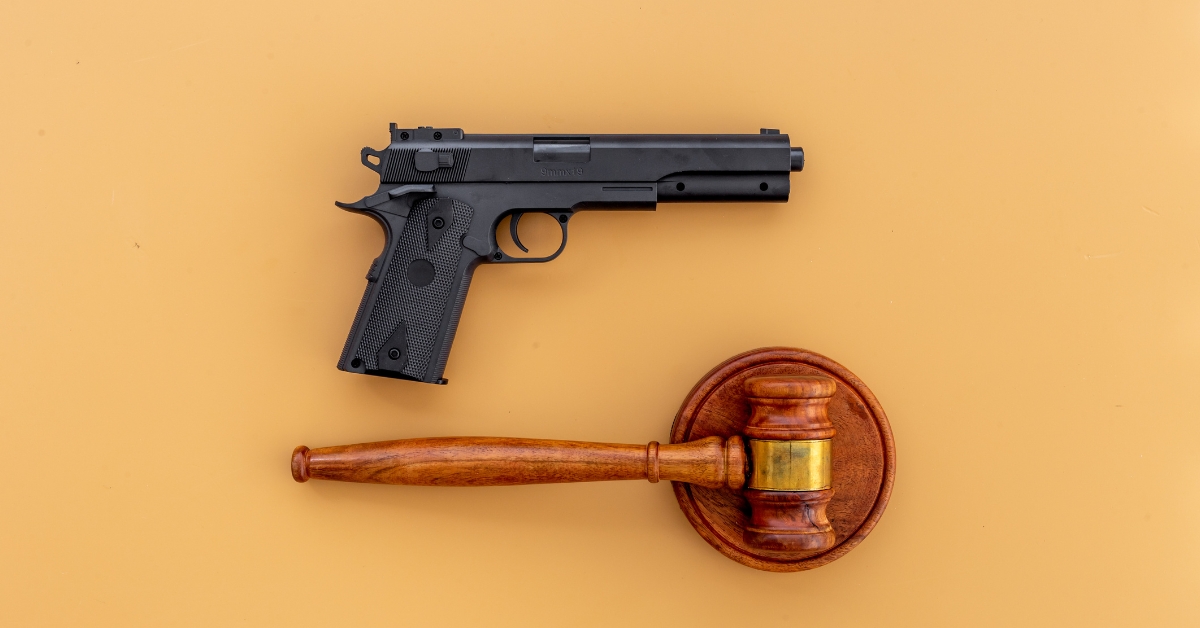
Gun Shops Offer Voluntary Firearms Storage to Those in Crisis
In a time when debates about gun control are increasingly polarized, it’s refreshing to see a proactive and compassionate approach emerging from within the Second Amendment community itself. Programs like the Gun Shop Project and Hold My Guns are leading the way in showing how gun safety and mental health concerns can be addressed without infringing on Americans’ constitutional rights. Spearheaded by individuals like Chuck Lovelace of Essential Shooting Supplies and Sarah Joy Albrecht of Hold My Guns, these initiatives offer a voluntary, non-legislative solution to a complex issue.
The essence of these programs is simple yet profoundly impactful: providing a temporary, safe storage option for firearms owners who, due to a personal or family crisis, seek to prevent potential self-harm or harm to others. Unlike “red flag” laws, which often involve law enforcement and can feel punitive or coercive, these storage initiatives are based on trust and respect for the gun owner’s autonomy. They operate on the principle that the owner retains full control over their firearms, deciding when and if to retrieve them.
Chuck Lovelace’s participation in the Gun Shop Project within Wisconsin exemplifies the compassionate response the firearms community can offer to those in crisis. His approach is rooted in understanding and support, not suspicion or judgment. The simple act of providing a safe space for temporary firearm storage can be a lifeline for someone struggling, acting as a buffer during vulnerable times without permanently stripping them of their rights or property.
Critics may argue about the effectiveness of such measures or express concerns about potential misuse, but the underlying philosophy here is crucial: it’s an acknowledgment that suicide and mental health crises are not inherently “gun issues” but human issues that require a nuanced, multifaceted response. By stepping up, Lovelace, Albrecht, and others in the Second Amendment community are filling a gap that legislation alone cannot address, emphasizing personal responsibility and community support over government intervention.
Moreover, these efforts highlight a significant, often overlooked aspect of the gun ownership debate: the majority of firearms owners are deeply concerned about safety and responsible use. By voluntarily participating in programs like the Gun Shop Project, they’re demonstrating a commitment to these principles in the most direct way possible.
As these initiatives gain traction, they present a model for other communities and states to consider. They show that it’s possible to address complex issues like suicide prevention without compromising constitutional rights, and they remind us of the power of community-based solutions. It’s a lesson that’s particularly relevant in today’s polarized society, where finding common ground is often difficult.
In closing, the efforts of Chuck Lovelace, Sarah Joy Albrecht, and the broader Second Amendment community represent a beacon of hope and a practical path forward. They prove that compassion, respect for individual rights, and a commitment to safety can coexist, offering a way to protect lives without infringing on freedoms.
